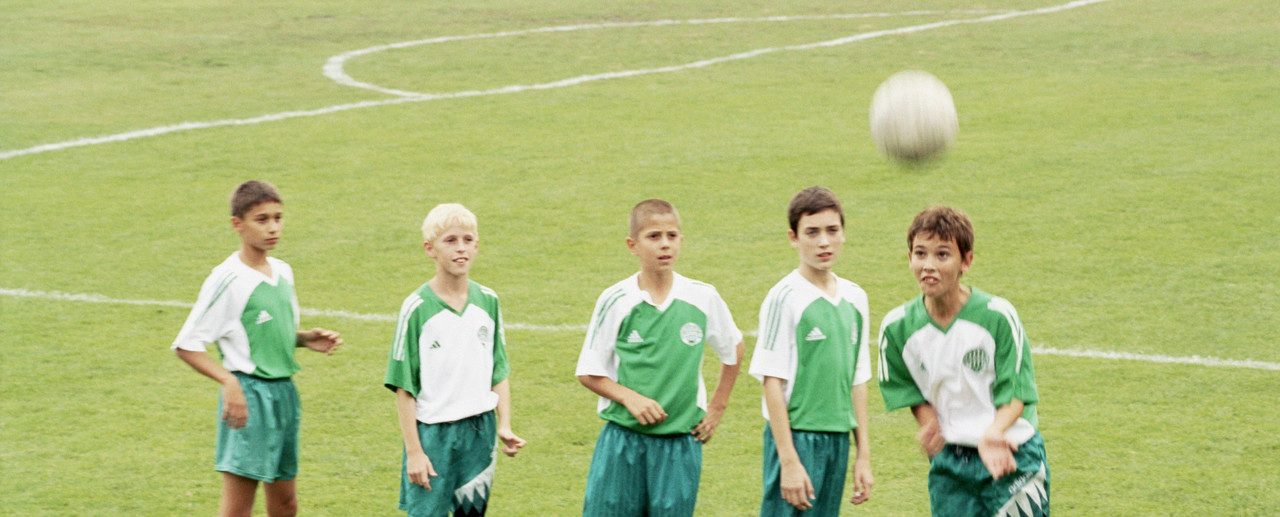February 23, 2018
How to Stop the Cycle of Arguing in Families

Do you find yourself slipping into cycles of arguing sometimes in your family? An argument with your spouse seems to lead to an argument with one of your kids, who then gets into an argument with a brother, all of which leads to another argument with your spouse.
Research agrees with you. For decades, studies have shown how argument and conflict “catches fire” in a family and spins out of control. A study goes into granular detail and is worth reflecting upon if you experience this in your family, and if you want to think about stopping the cycle.
YOU MIGHT ALSO LIKE: 3 Reasons to Have a Family Game Night
This project acquired daily reports from parents on conflicts in the family for one week. Perceptions were gathered for morning, daytime, and evening on each day. This allowed researchers to look for patterns of conflict within a day, and across days.
The results were illuminating on how conflict breeds conflict in family interaction. First, conflict between parents led to (or statistically speaking, was predictive of) conflict between a parent and child later in the day (e.g., parental conflict in the morning predicted parent-child conflict in the afternoon) as well as the next day. Similarly, parent-child conflict predicted conflict between parents one day later.
This is the temporal timeframe within families that can become difficult for all involved, and over time can weigh heavily on a parent. Disagreements are to be expected in families, and conflict is inevitable; but the reality is that arguments can become habitual and spread through the family like a virus.
What can be done to minimize the likelihood of a pervasive family climate of negativity? While effort can be directed toward trying to move away from turning everything into an argument, this study also points to the importance of how families handle conflicts. The good news is that constructive styles of handling conflicts also carried over across time and family members. Thus if parents handled their conflicts in a constructive manner, they were also likely to do so when in conflict with their child later in the day or the next day … and vice versa.
So one effective strategy to work towards in the family is to try to approach arguments in a constructive, not destructive, way. What do we mean by “constructive”? Things like trying to listen to and appreciate the opposite viewpoint, exchanging perspectives, keeping emotions in check, and working towards an equitable and fair solution.
While arguments are going to happen, handling them in a proactive way can go a long ways towards creating a positive family environment for all … and avoiding what seems like an inevitable cycle of fighting that gets worse before it gets better.
YOU MIGHT ALSO LIKE: Why Is Your Child’s Personality Different from Yours?

